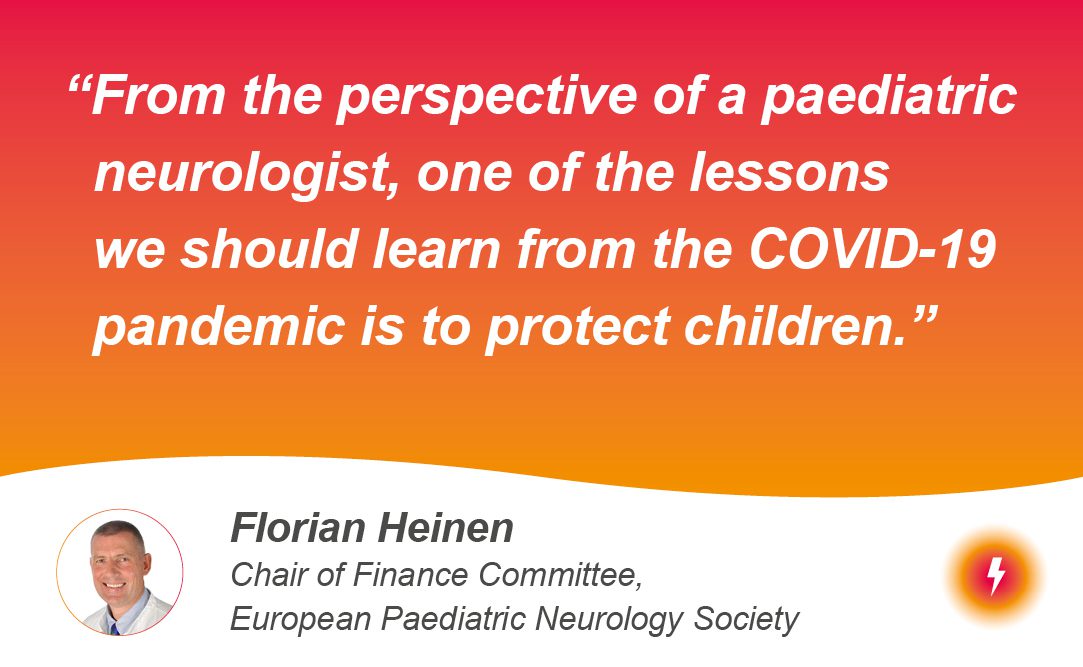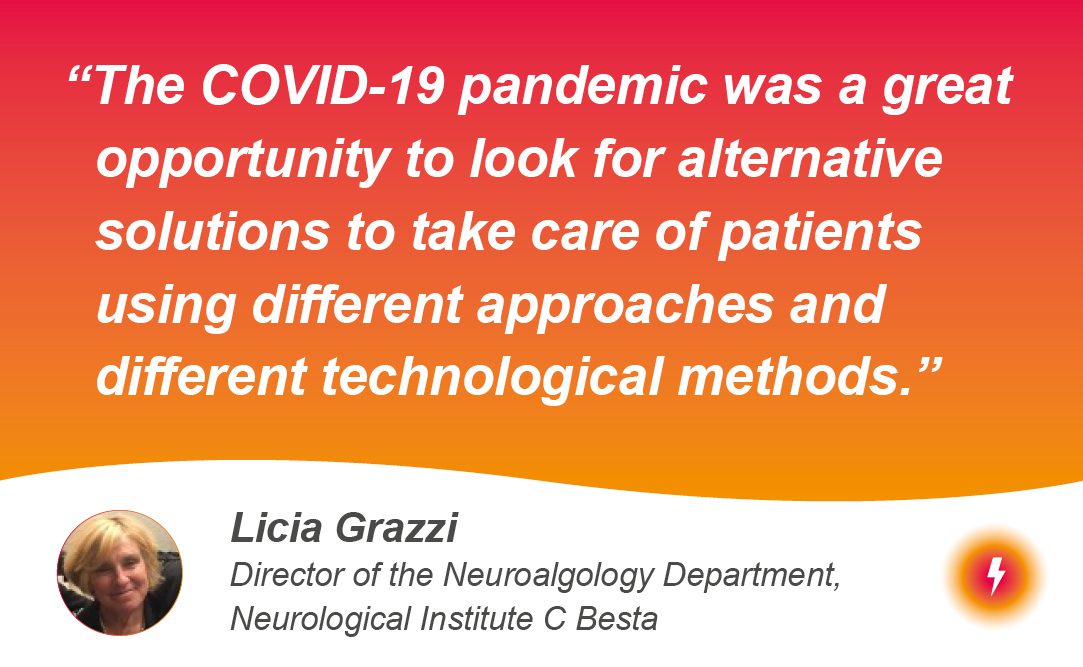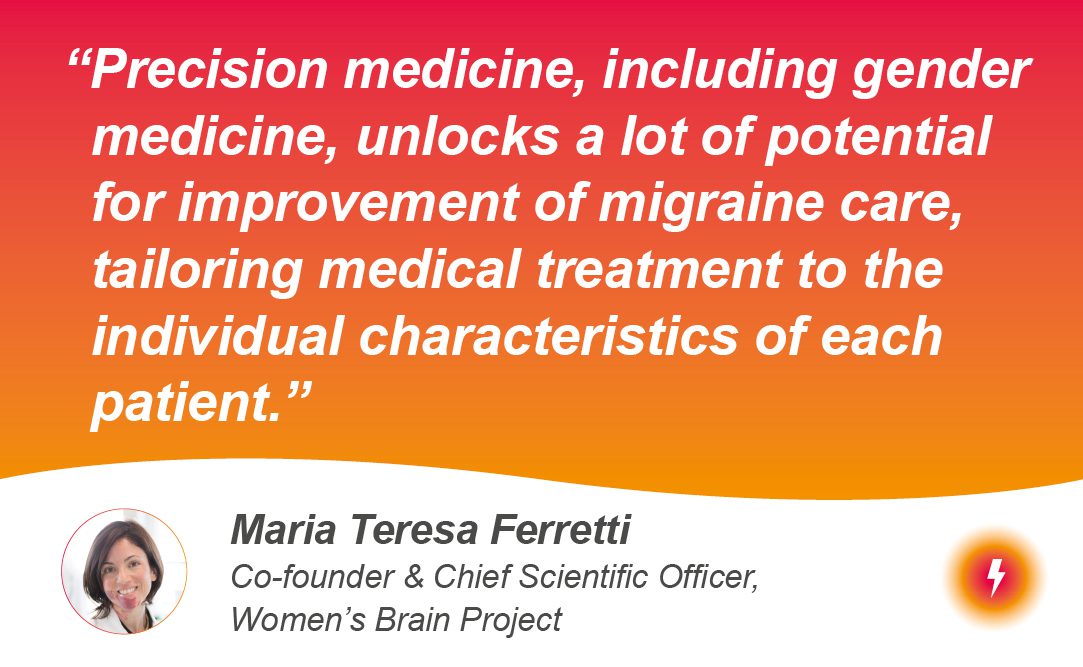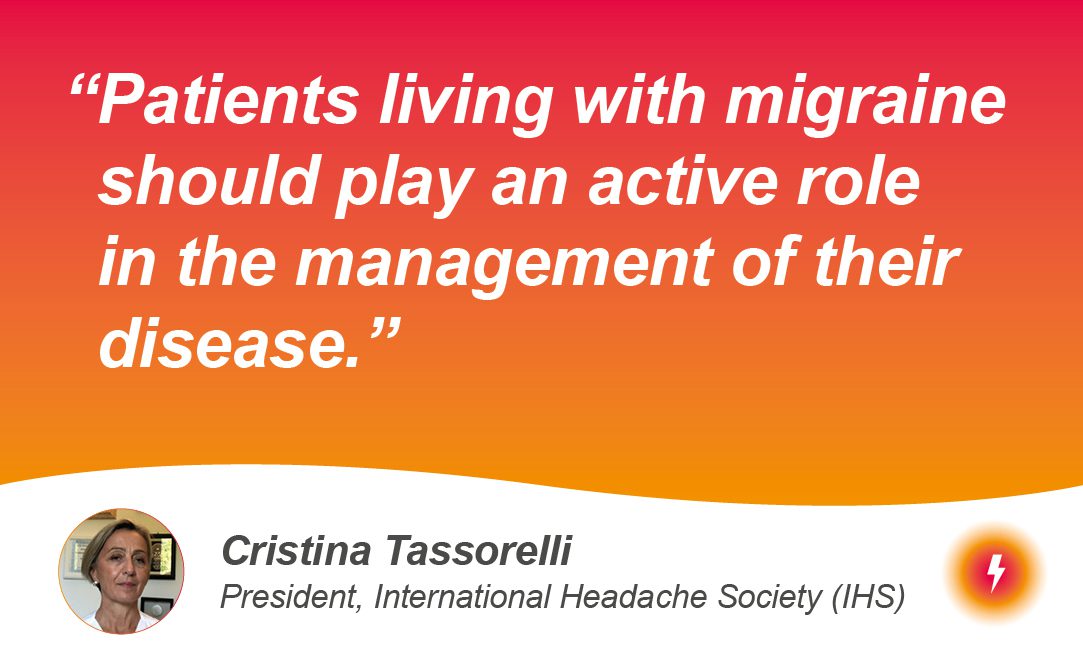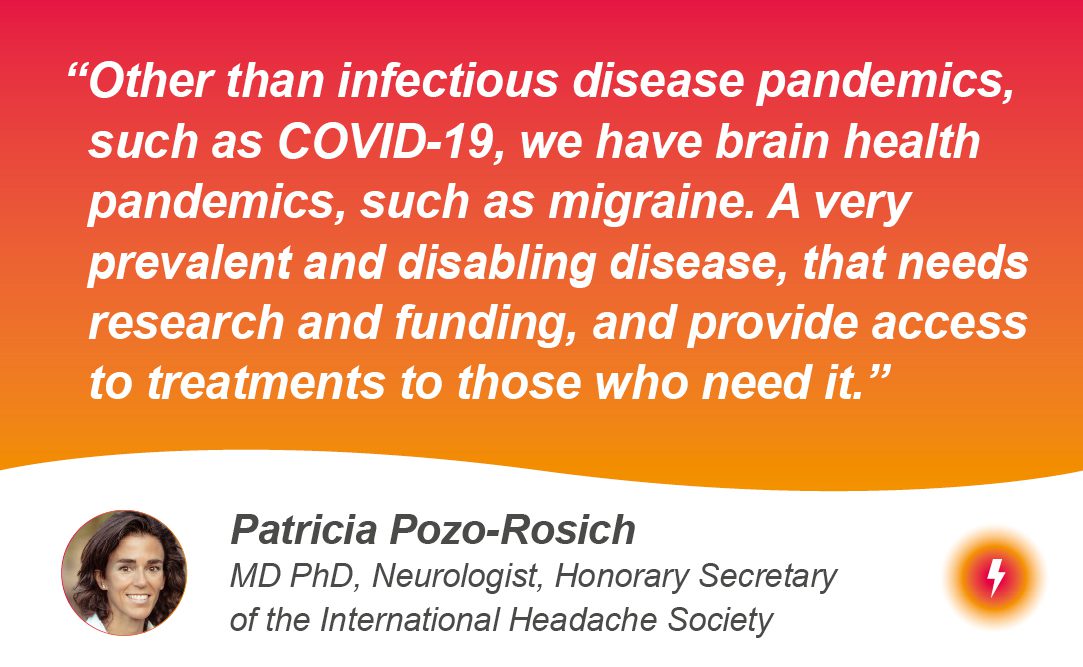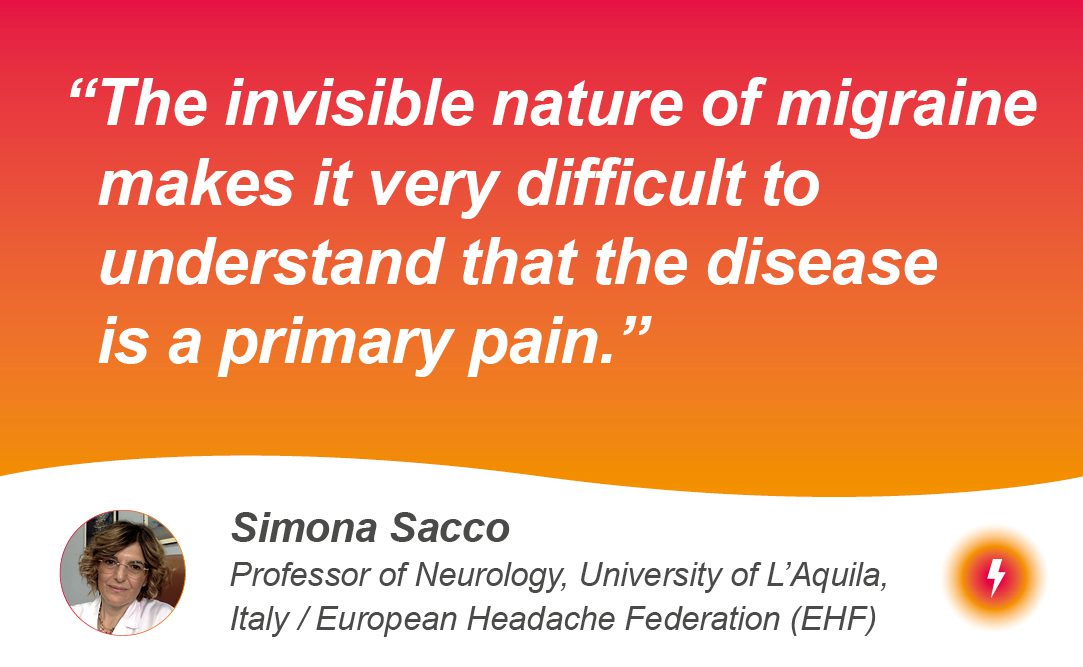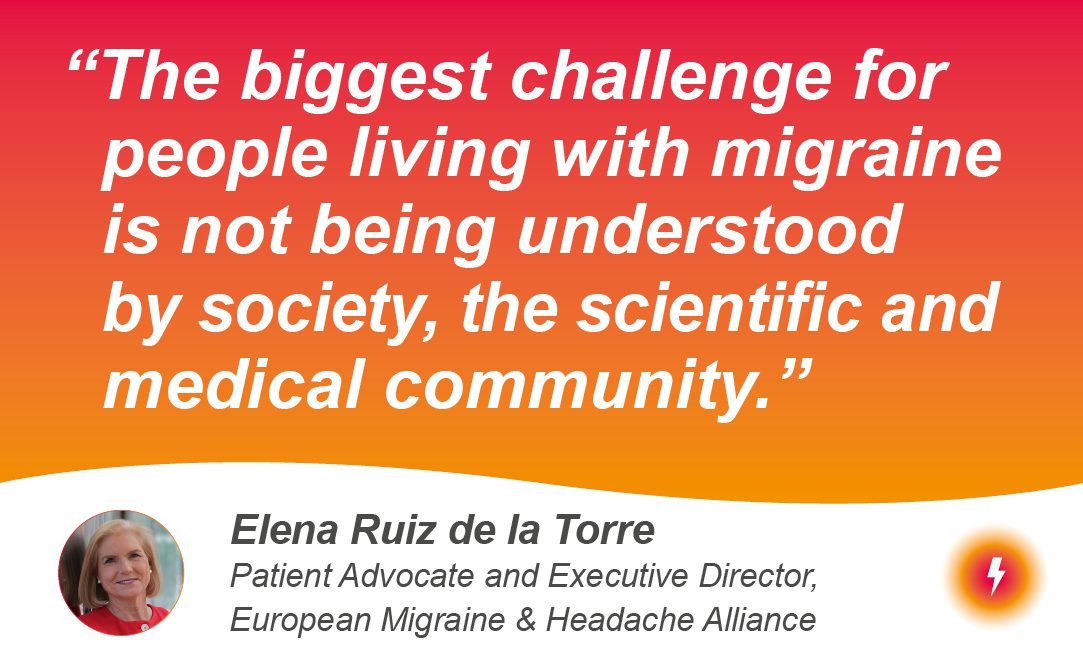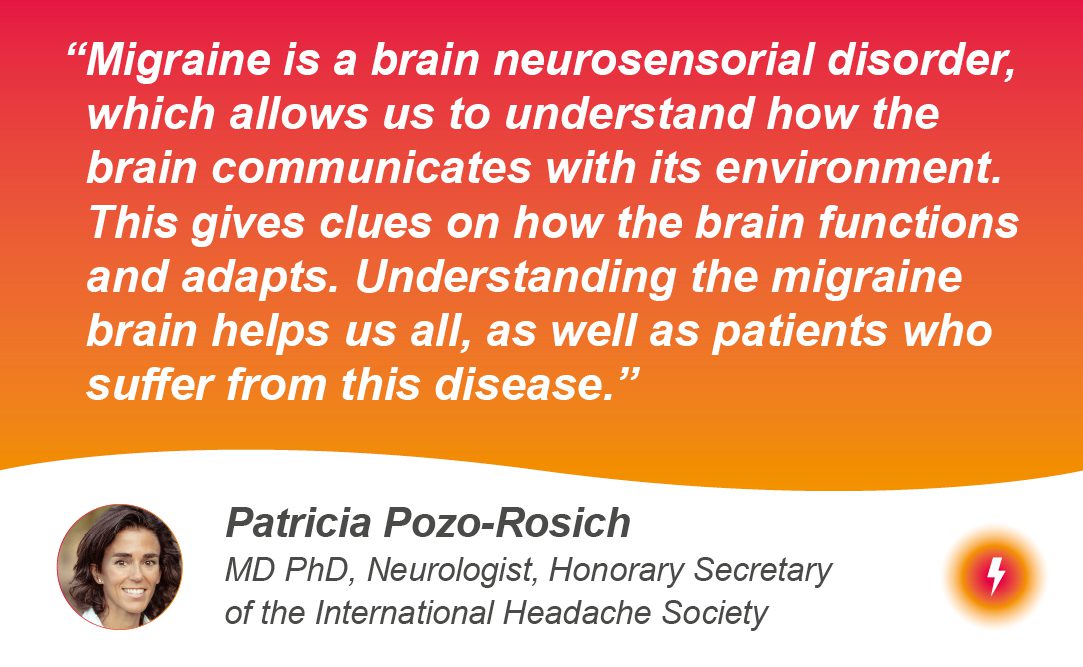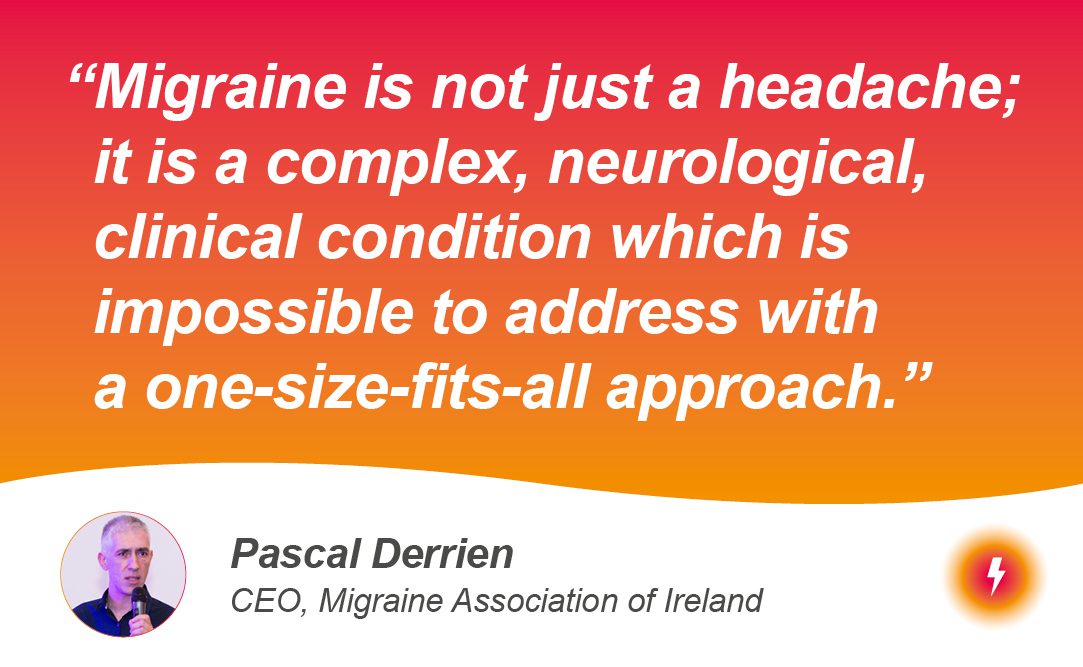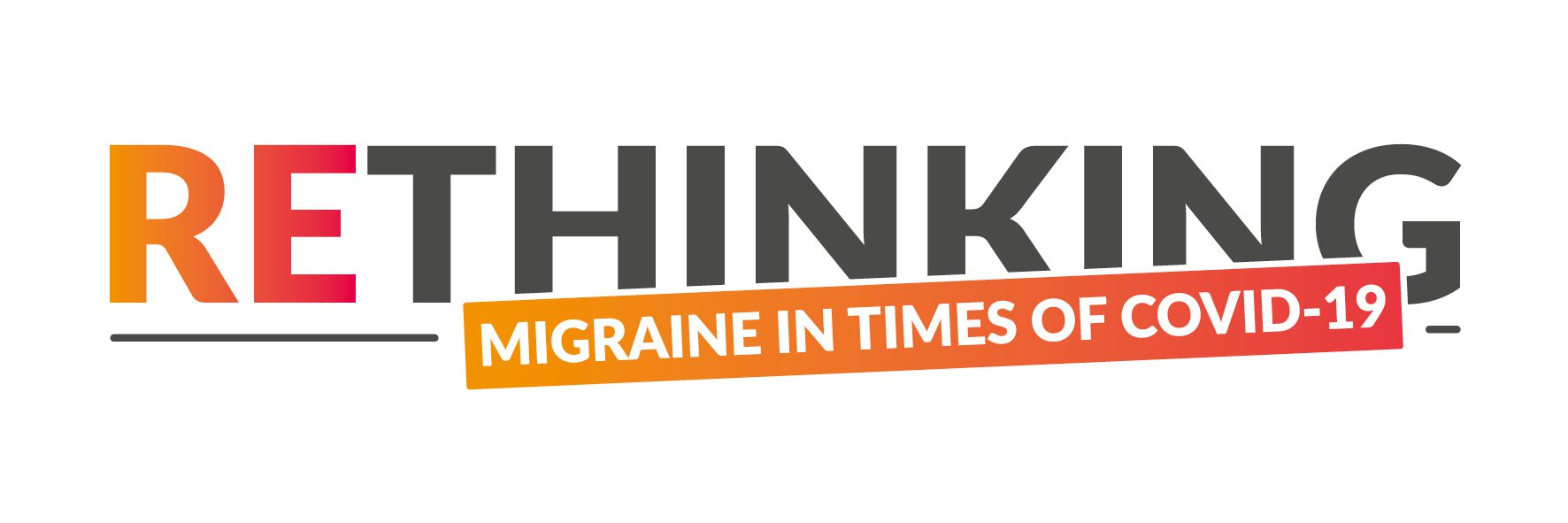
Rethinking Migraine in times of COVID-19
Rethinking Migraine in times of COVID-19 is a research-driven project offering tangible policy changes to improve the lives of people living with migraine across Europe. It challenges the status quo and refreshes the European policy debate on people living with migraine, recognises the consequences of the burdens during the COVID-19 pandemic and encourages multi-stakeholder-driven policy. The project falls under #MigraineMyBrain campaign.
About migraine
Migraine is a complex neurological disease identified as the leading cause of years lived with disability in people under the age of 50 years, the leading cause of disability in young women and the second leading cause of disability in the world. An estimated 41 million adult Europeans live with migraine of varying severity. Migraine often starts at puberty and mostly affects adults in their productive years but can also be present in children and the elderly. It is found to be the second most frequently identified cause of short-term absence for employees and among the five leading causes of emergency department visits.
Patients with migraine also have an increased incidence of co-morbid psychiatric and medical conditions, resulting in complex cases of chronic multidimensional migraine. Despite the considerable individual and societal consequences, migraine remains undiagnosed and undertreated in at least 50% of patients and less than 50% of migraine patients consult a physician. Worldwide, physicians receive only minimum education on headache disorders during their medical training.
Rethinking Migraine in times of COVID-19
The management of chronic neurological disorders such as migraine can be challenging under “normal circumstances”, not to mention the global pandemic that the world has been facing since 2020. It is undeniable that COVID-19 has disrupted every sphere of society, but the repercussions for people living with migraine, overshadowed by the COVID-19 outbreak, should not be overlooked. What were the challenges faced by people with migraine before and during the coronavirus pandemic and what lessons can be learnt from this unprecedented experience? What strategies can be put in place to make them sustainable in the long term?
The objective of the policy report “Rethinking Migraine in times of COVID-19” is to respond to these questions by a comprehensive literature review of the recent publications and by providing concrete and tangible testimonies of all relevant stakeholders. Clinicians, migraine patients, patient and family advocates, health insurance providers and pharma representatives have been impacted by the disruption in care, which proved both an obstacle and an accelerator for the implementation of good practices.
We shed light on how people living with migraine have been impacted by the pandemic, which good practices have been put in place and what lessons can be learnt from this experience. The report provides insight into why we need to rethink migraine to provide and ensure access to optimal care for all.
Experts involved in the project
Partners of the Rethinking Migraine in times of COVID-19 project

The project “Rethinking Migraine in times of COVID-19” is funded by Lilly and Pfizer. All outputs are non-promotional and not specific to any particular treatment or therapy.


